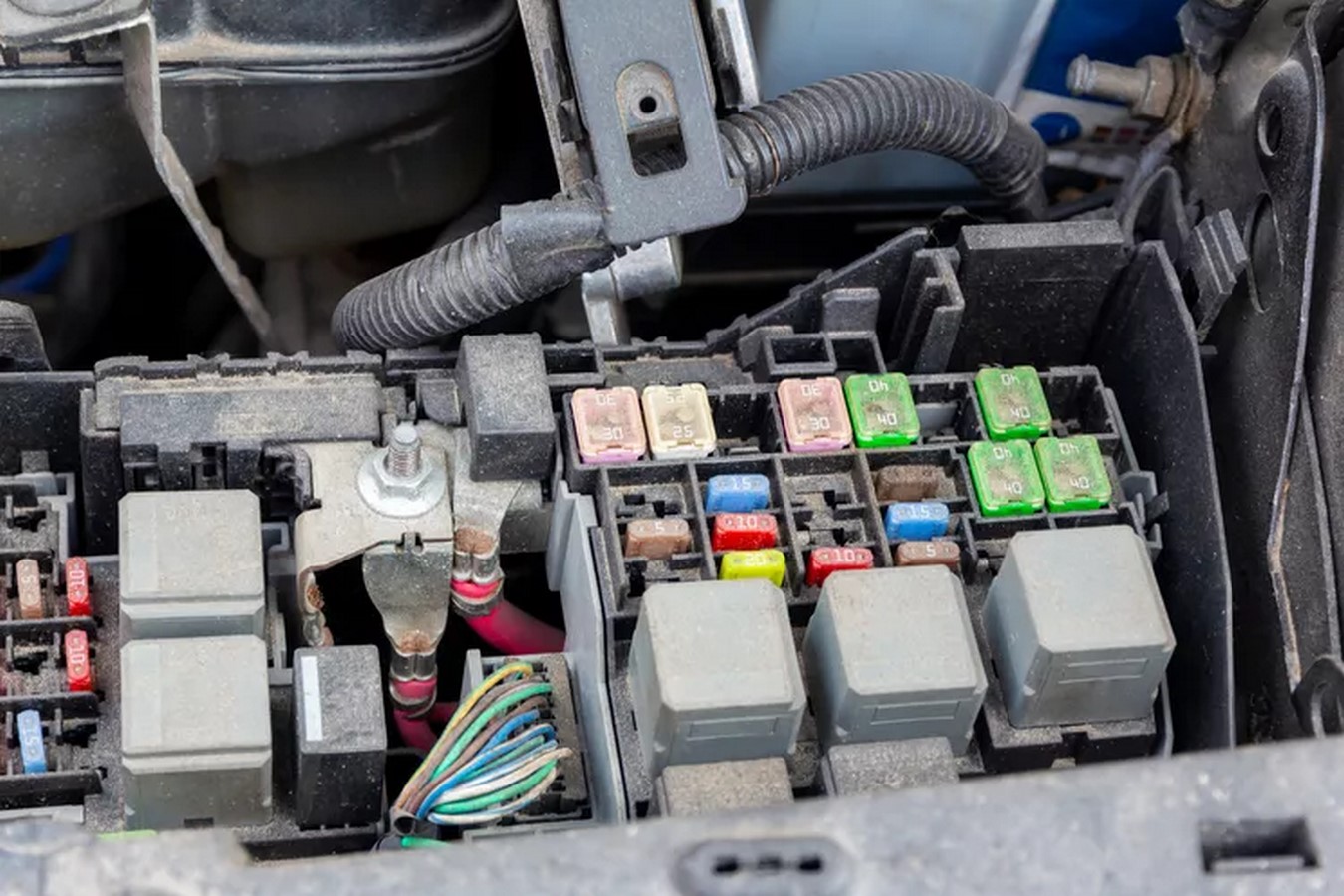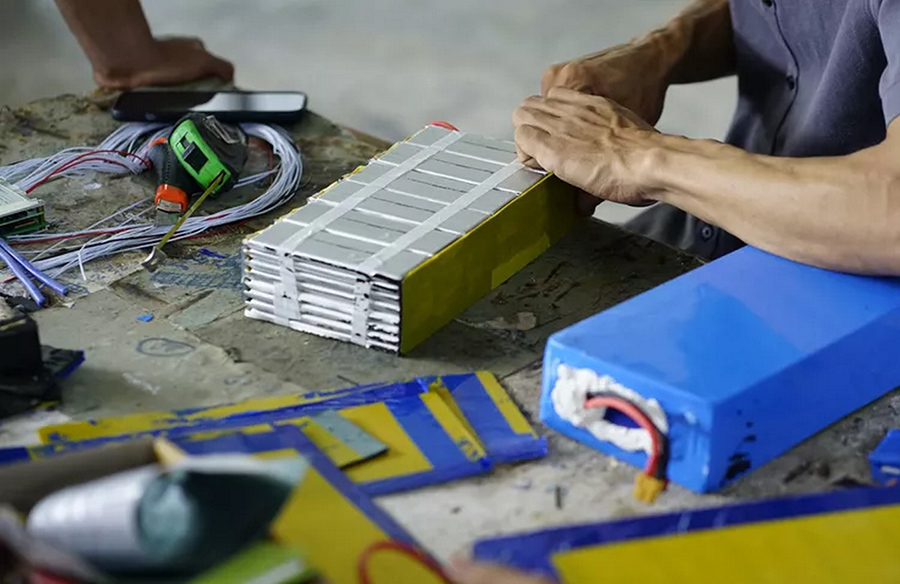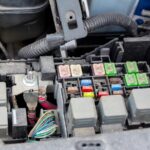Transitioning from a gas-powered car to an electric vehicle (EV) is an appealing prospect for many individuals seeking environmental sustainability and long-term cost savings. While purchasing a brand-new EV may not be feasible for everyone due to initial investment barriers, the option of converting a conventional car into an electric one presents a compelling alternative. In this guide, we delve into the intricacies of EV conversions, covering the process, benefits, costs, suitable vehicles, and available conversion kits.
Understanding EV Conversion: The Process Unveiled
Converting a gas-powered vehicle into an electric one involves a meticulous process of replacing internal combustion engine components with electric counterparts. This includes removing the engine, transmission, gas tank, and exhaust system, and installing an electric motor, controller, and battery. Due to the complexity of this task, individuals typically seek assistance from experienced professionals or utilize comprehensive conversion kits that provide step-by-step instructions and all necessary components.

Unveiling the Benefits of EV Conversion
The decision to convert to an EV offers a myriad of benefits, ranging from environmental stewardship to economic efficiency. EVs eliminate the need for gasoline, resulting in significant fuel savings and reduced maintenance costs. With fewer moving parts, electric motors boast exceptional reliability and longevity, contributing to enhanced resale value and overall vehicle durability. Additionally, EVs require minimal maintenance compared to traditional combustion engine vehicles, offering a hassle-free driving experience.
Evaluating the Financial Considerations
While the upfront cost of EV conversion may seem daunting, the long-term financial benefits outweigh the initial investment. On average, an EV conversion may cost between $6,000 to $20,000, depending on the complexity of the retrofit and chosen components. However, this expense is offset by substantial savings on fuel and maintenance expenses over the vehicle’s lifetime. With proper planning and budgeting, EV conversion offers a cost-effective solution for eco-conscious consumers seeking sustainable transportation options.

Identifying Ideal Candidates for Conversion
Certain vehicles are better suited for EV conversion based on their weight, transmission type, and interior space. Lighter vehicles with manual transmissions are preferable, as they offer optimal range and efficiency. Popular choices for conversion include compact cars like the Volkswagen Rabbit, Honda Civic, and Nissan Sentra, as well as light pickup trucks. Assessing the vehicle’s condition and compatibility with electric components is essential to ensure a successful conversion process.
Exploring EV Conversion Kits
For DIY enthusiasts, EV conversion kits provide a convenient solution for retrofitting vehicles with electric drivetrains. These kits come in two varieties: custom kits tailored to specific vehicle models and universal kits suitable for a wide range of vehicles. Custom kits offer comprehensive drive-system components and customized battery solutions, while universal kits provide essential components with flexibility for custom modifications. Selecting the appropriate kit depends on the builder’s skill level, vehicle specifications, and desired customization options.
In conclusion, EV conversion presents a viable pathway towards sustainable transportation, offering individuals the opportunity to repurpose existing vehicles while reducing their environmental footprint. By embracing the principles of innovation and eco-consciousness, EV converters contribute to a cleaner, greener future for generations to come.












